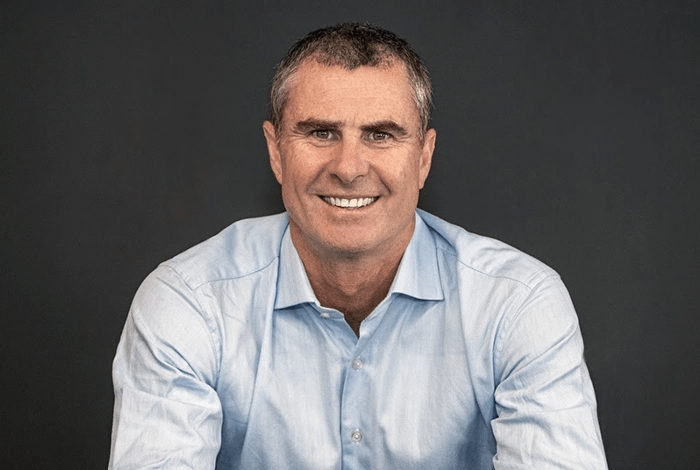
By:

It’s been a perfect storm for SMEs in Australia.
During COVID-19, nobody knew what was going to happen. The economy basically ground to a stop. Businesses had to pivot suddenly to online revenue and really drive that. It seemed like we were coming out of it, but then the economy turned and, for a lack of a better word, tanked. We had 13 interest rate rises over a couple of years. Inflation was going through the roof. So, SMEs have been doing it really hard.

Guy Callaghan
CEO of Banjo Loans
Inflation is still the number one concern for with SMEs.
One of the big things SMEs did when inflation was kicking in (around 2023, when we had the rate rises) was increase their prices. That was their natural reaction to try and counter what [was] happening with their supplier costs going up. In the last 18 months, [SMEs] have realised the consumer can’t take [price rises] anymore and their revenue is flowing away because of the drop in demand.
Instead, they’re doing smart things like seeing where they can cut costs. They’re looking at how they can use technology better. They might be looking at their location, their premises, and seeing how they can do that better. They’re looking at ways to be smarter with their staff.
So, they’re changing away from price rises to what they can do internally to help them survive and get to the next stage.
Interest rates going up [had] slowed down SMEs’ access to funding. The cheapest funding out there is through the banks, but the banks have got tougher because the economy is a lot tougher. So, they are giving less money out to the SMEs and access to funding has been tough.
Slower payments are something [else] that we’ve seen. Debtors are taking longer to pay, so SMEs are having to be smart around getting on top of their cash flow.
I think the home loan market has flatlined for quite a while now, so there’s needed to be a bit of diversification.
Brokers are fantastic at relationships… they do such a great job in the market. They’re personal people and they want to hear about the businesses. So, brokers are filling the hole where the banks have traditionally been.
Brokers are fantastic at relationships… they do such a great job in the market. They’re personal people and they want to hear about the businesses. So, brokers are filling the hole where the banks have traditionally been.
- Guy Callaghan says.
Australians love a relationship. That’s how we run business. It’s how we thrive.
When you get to know people on a deeper level, get to know their real pains, their fears, what’s keeping them up at night, then you can understand their financials.
And it’s not that hard. It’s not rocket science. But if [brokers] can take that extra step, it’s just going to come back to reward them so much.
When we started, 10 years ago, there wasn’t really a market for non-bank lenders with SMEs. But it’s built to a stage now where it’s such a vibrant competitive market that’s really looking after SMEs on the commercial side of things. It’s a clear option for them now.
A broker becomes really important in the relationship with clients, just understanding where they can go and what they can do. I think a lot of SMEs still don’t know what’s available.
We want to be the favourite non-bank business lender in Australia. We want people to come back to us and use us again and again and again.
The one thing we know is that [SMEs] are such a resilient lot.
They’re really positive, and they look for ways in which they can not only survive but grow, prosper, and drive their business to the next level.
For all that we’ve seen and all the hard work [SMEs] have had to go through, they still [see the world as] a glass three quarters full, – which is awesome for the economy.
You can listen to the full interview with George Orbeid, chief third party officer at leading SME lender Judo Bank, here:

Guy Callaghan
CEO of Banjo Loans
Banjo
Banjo makes it easier for businesses to access the finance they need to move forward. Taking them to the next chapter in their development and success.
